Carrousel Dreams: Enter the Fantasy
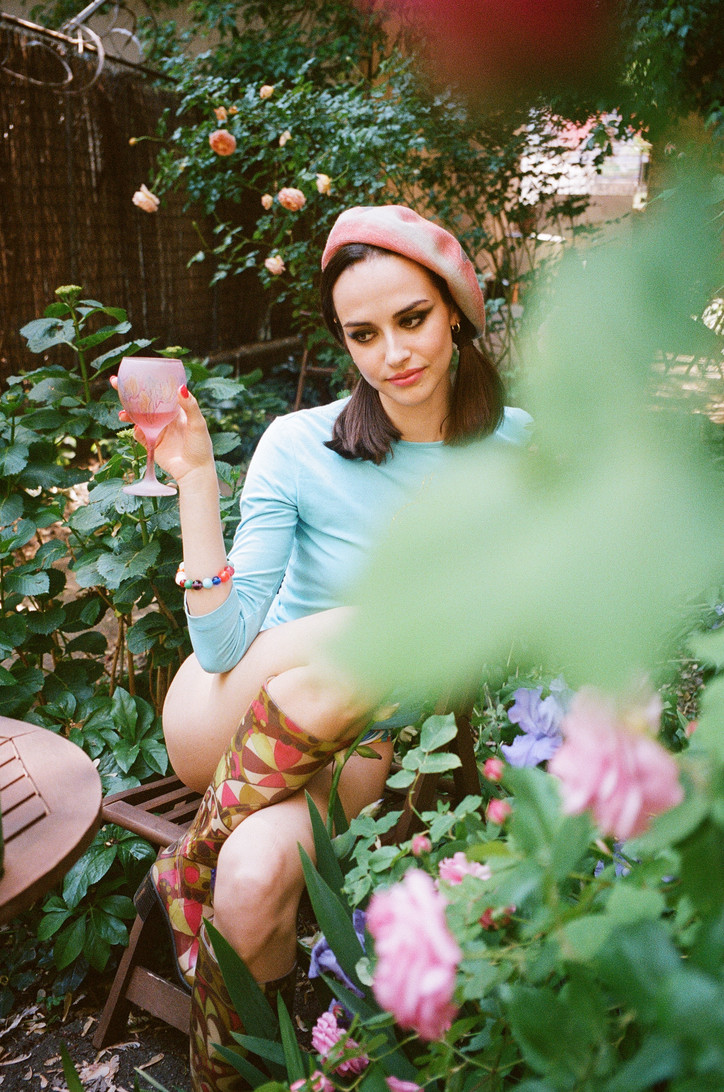

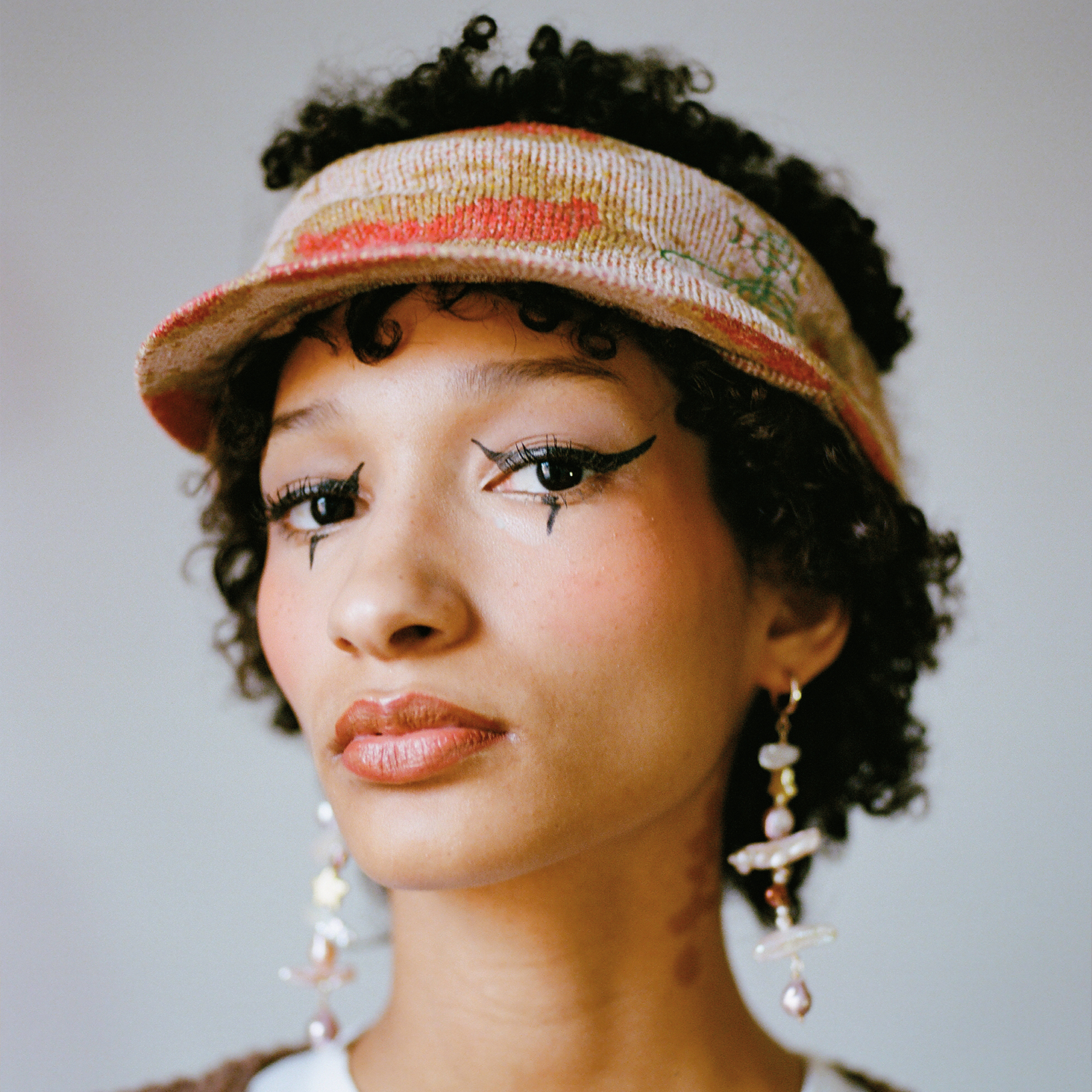
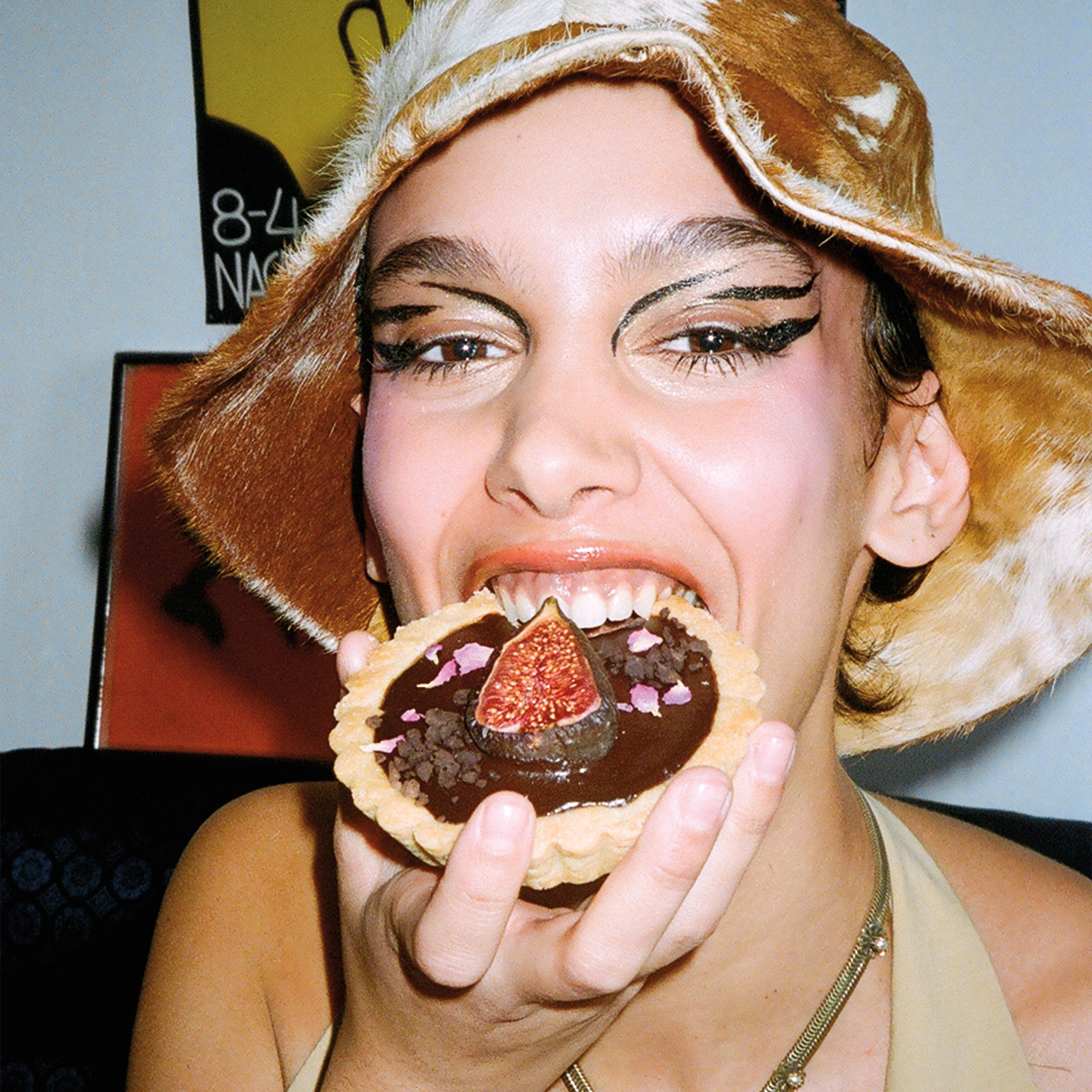

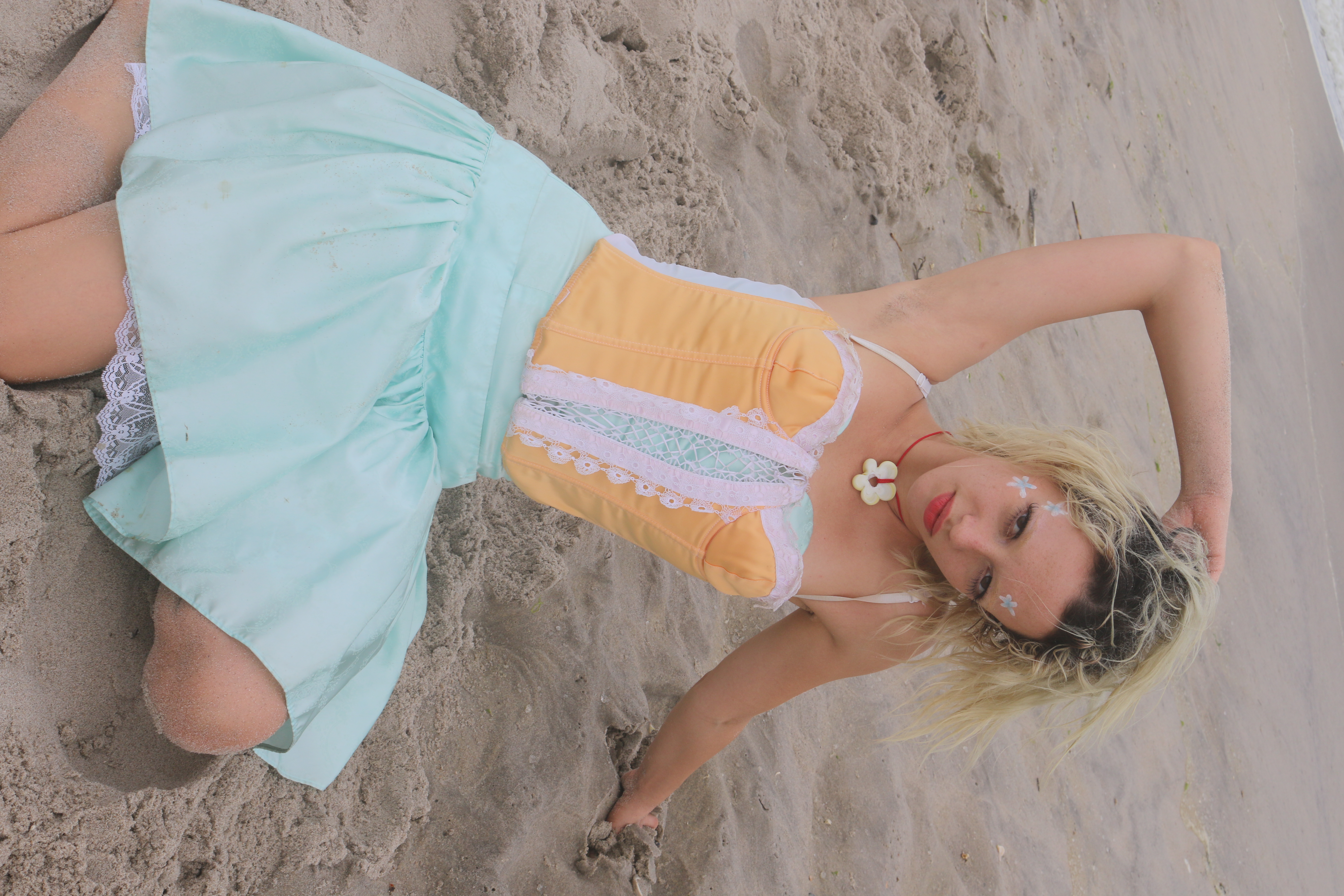
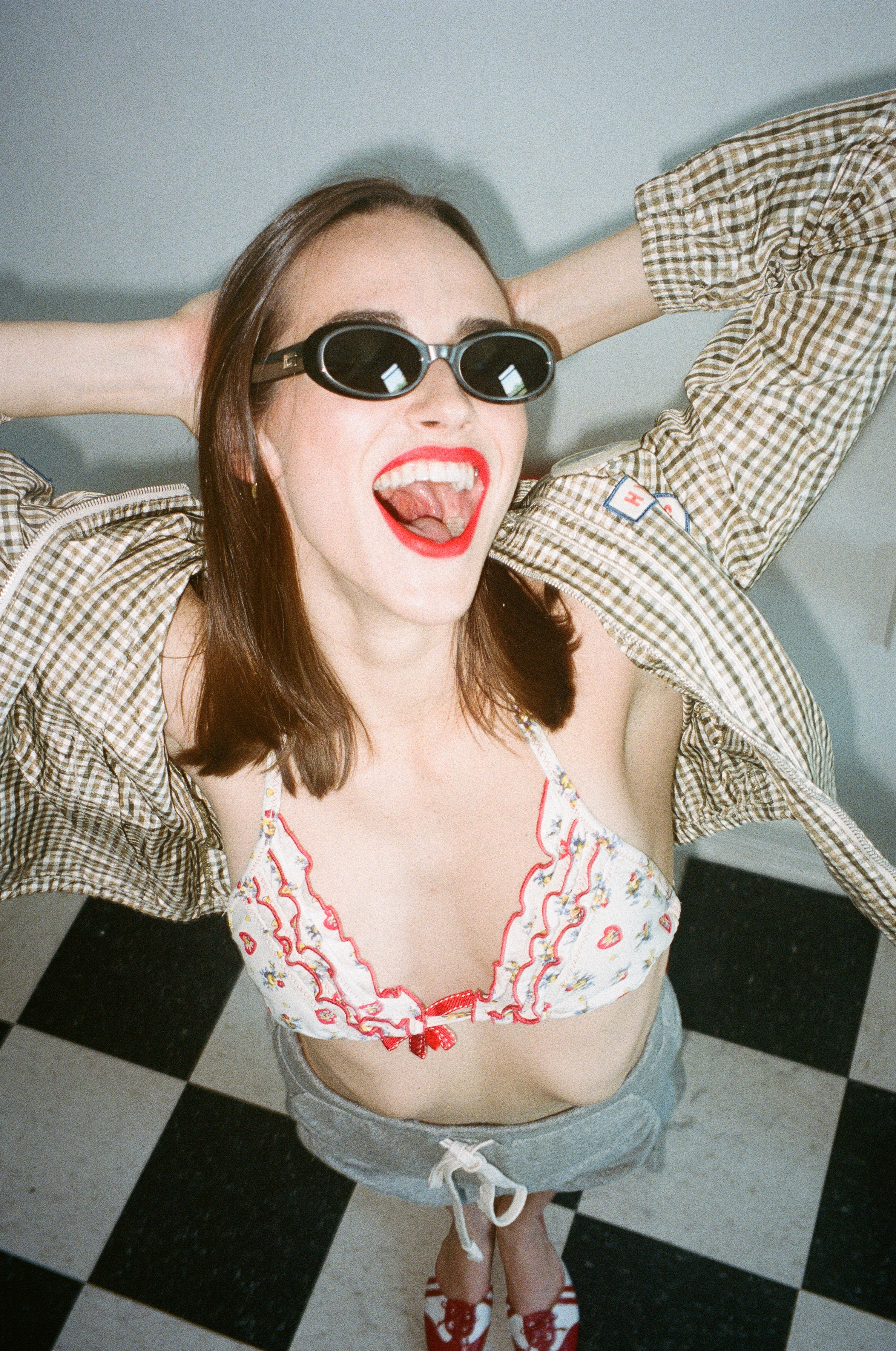
Stay informed on our latest news!







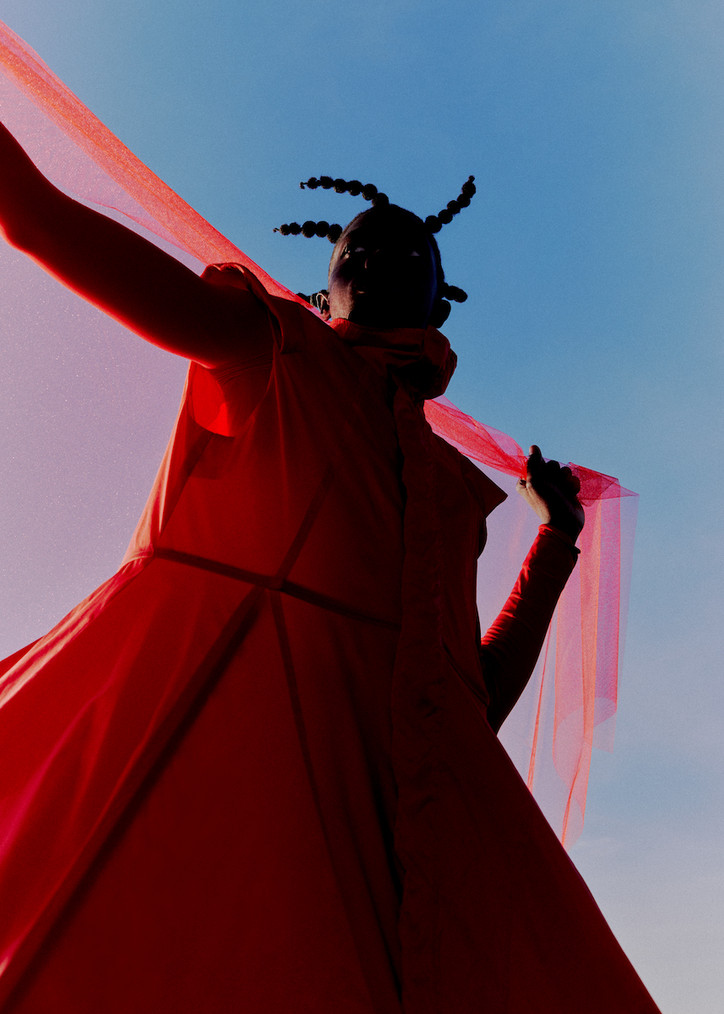
For this story, Head of State photographed Mecca Allah, Mai Pham, and Papi Diagne in spaces that reflect their personal interpretations of "home." View the story below, along with their conversations with office on what home means to them.
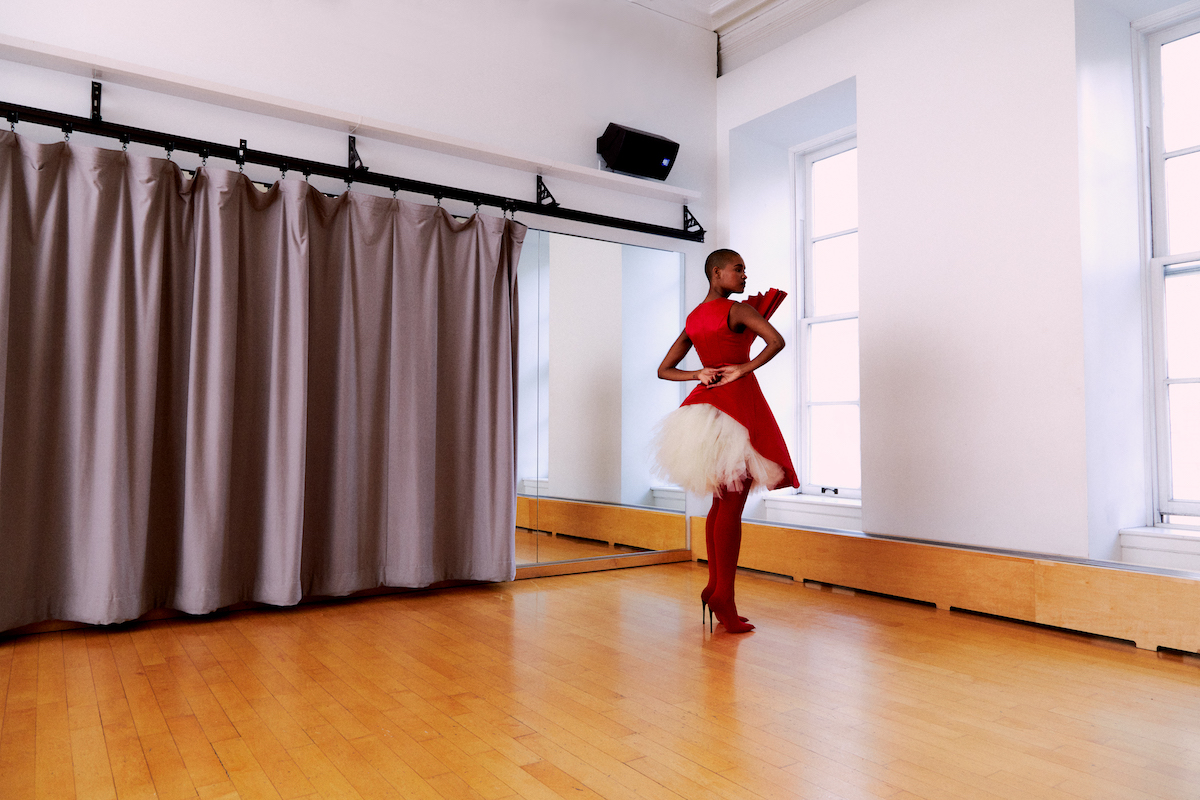
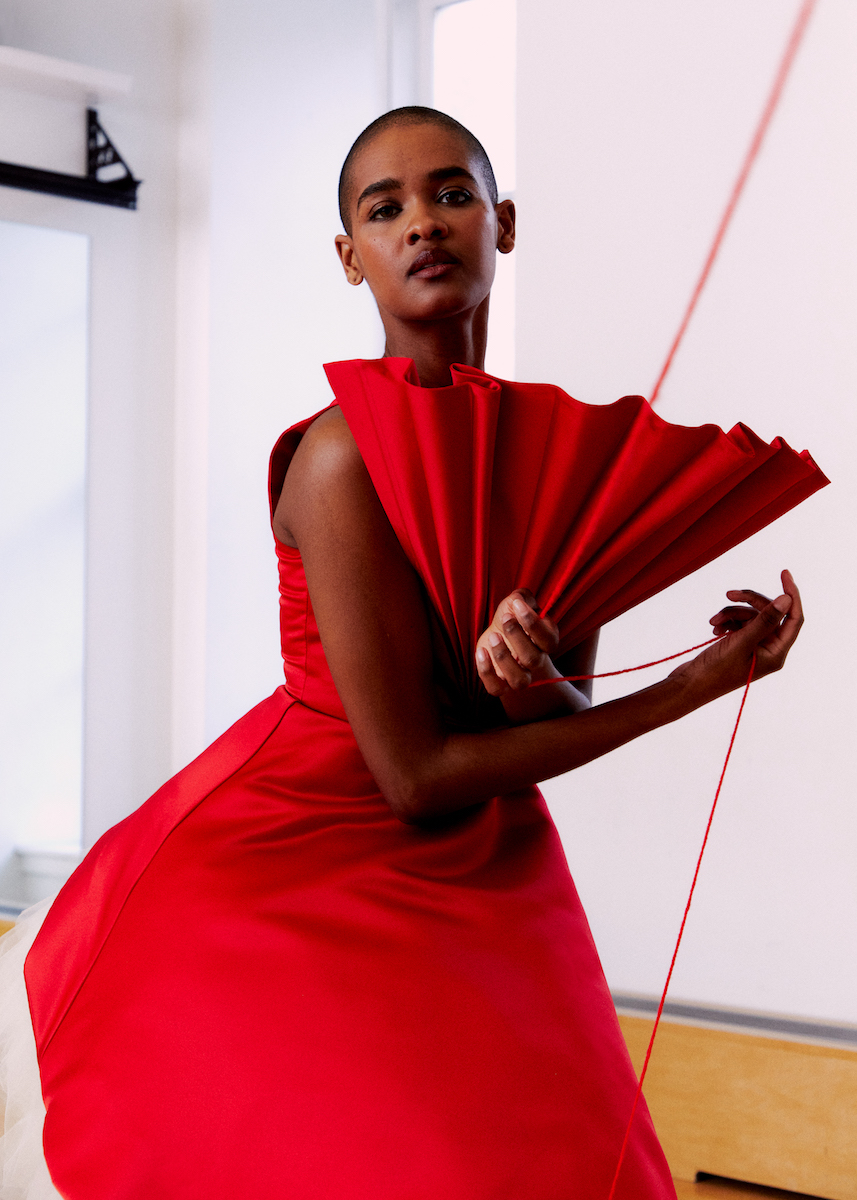
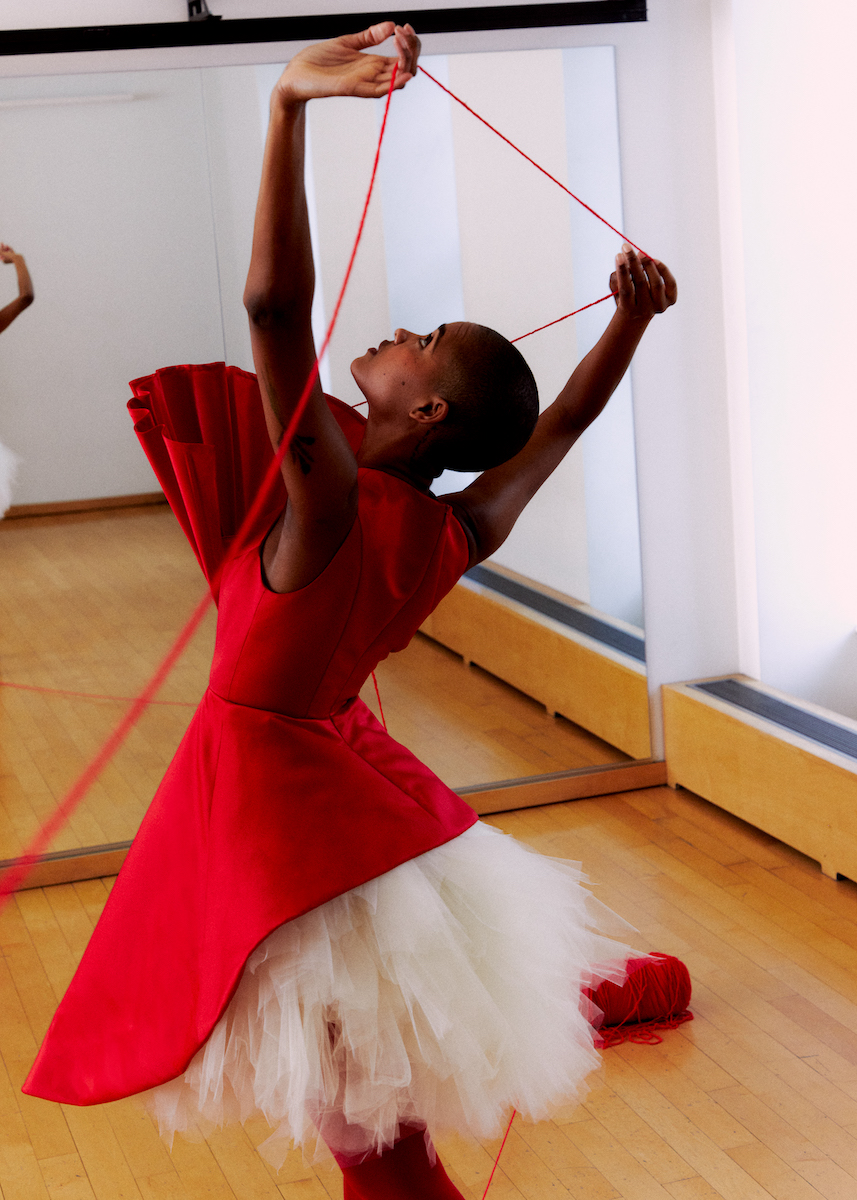
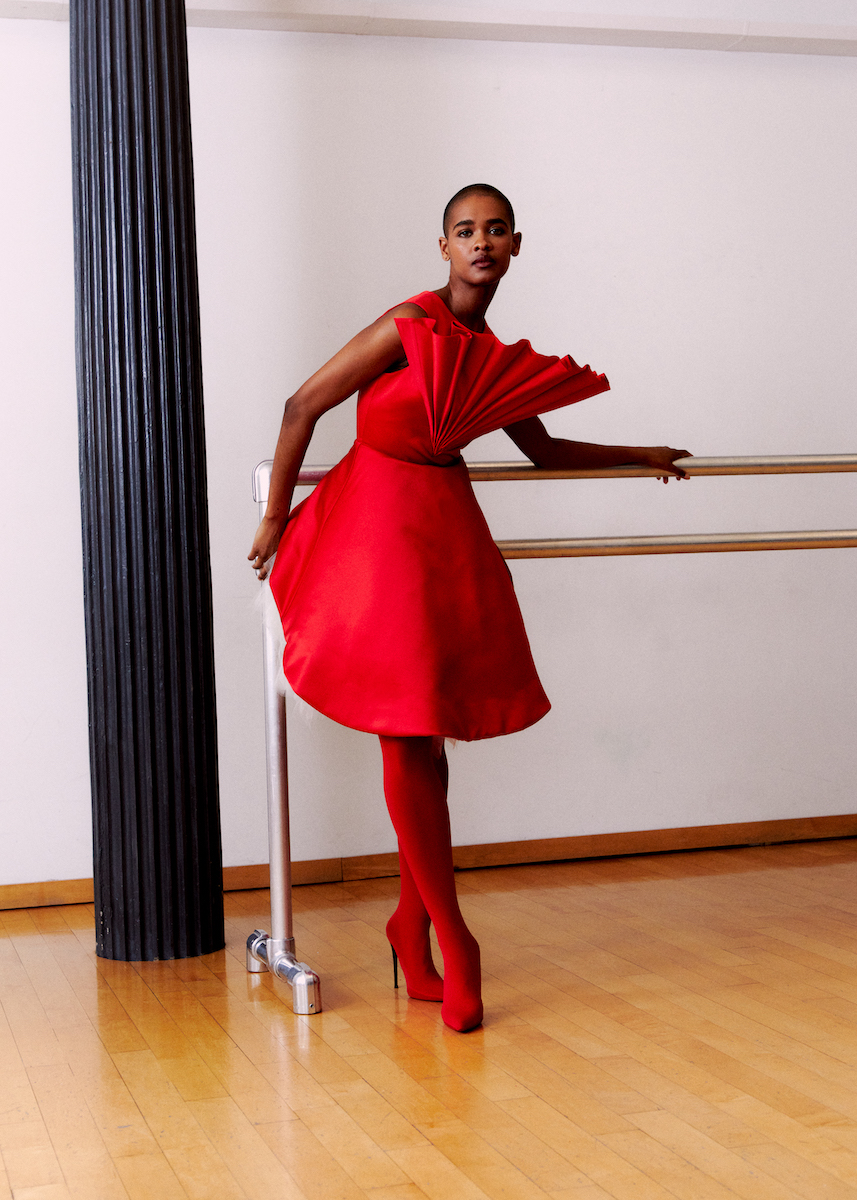
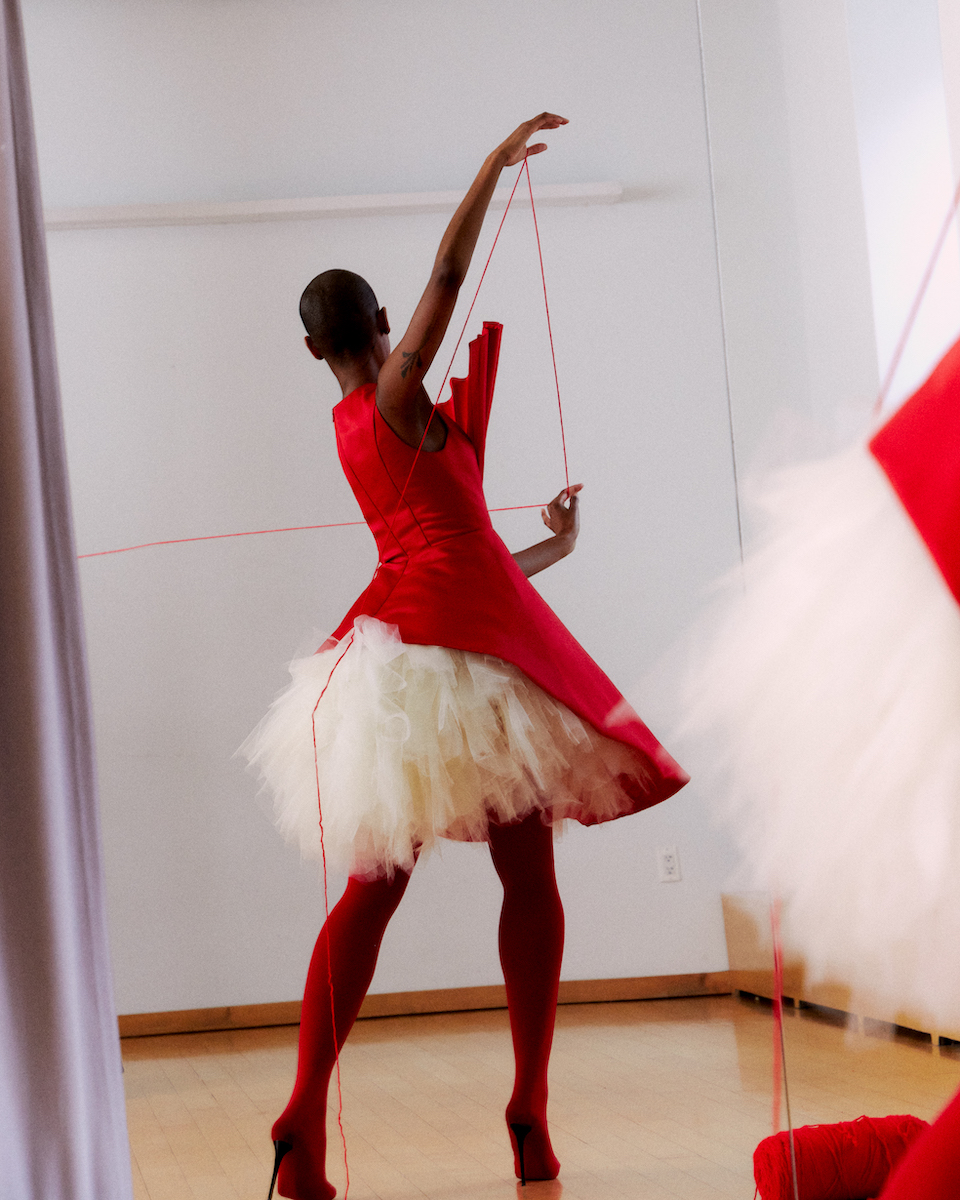
Mecca Allah, Model and Movement Artist
What does “home” mean to you? Is it always a place? Has it always meant the same thing?
MA— Throughout my life the commonality of feeling at home is when I have been my most genuine self & can be grounded. I think it doesn't have to be a place necessarily but it’s a feeling that comes from within and you just know you're home. That internal feeling has never left and it has always meant the same thing. The places may change, my surroundings may change but that feeling inside is truly distinct.
When does your body feel like home?
MA— I think my body will always feel like home, because I’ve always understood it to be a temple that I am existing in. Sometimes your home isn’t perfect & it’s chaotic, but other times it is nourished and warm and it feels good inside.
Does your movement practice have a home? Where did it “grow up”? Where does it feel the least inhibited?
MA— It doesn’t have a specific home. I think traditionally studio spaces feel good because they’re dedicated to myself and moving my body, but that space is malleable and can be anywhere. The origin of my practice definitely grew up in a studio setting though. The ballet bars, the mirrors, these are my very first memories of understanding movement and that inherently feeling like home. I think it’s the least inhibited when I am just truly free within.
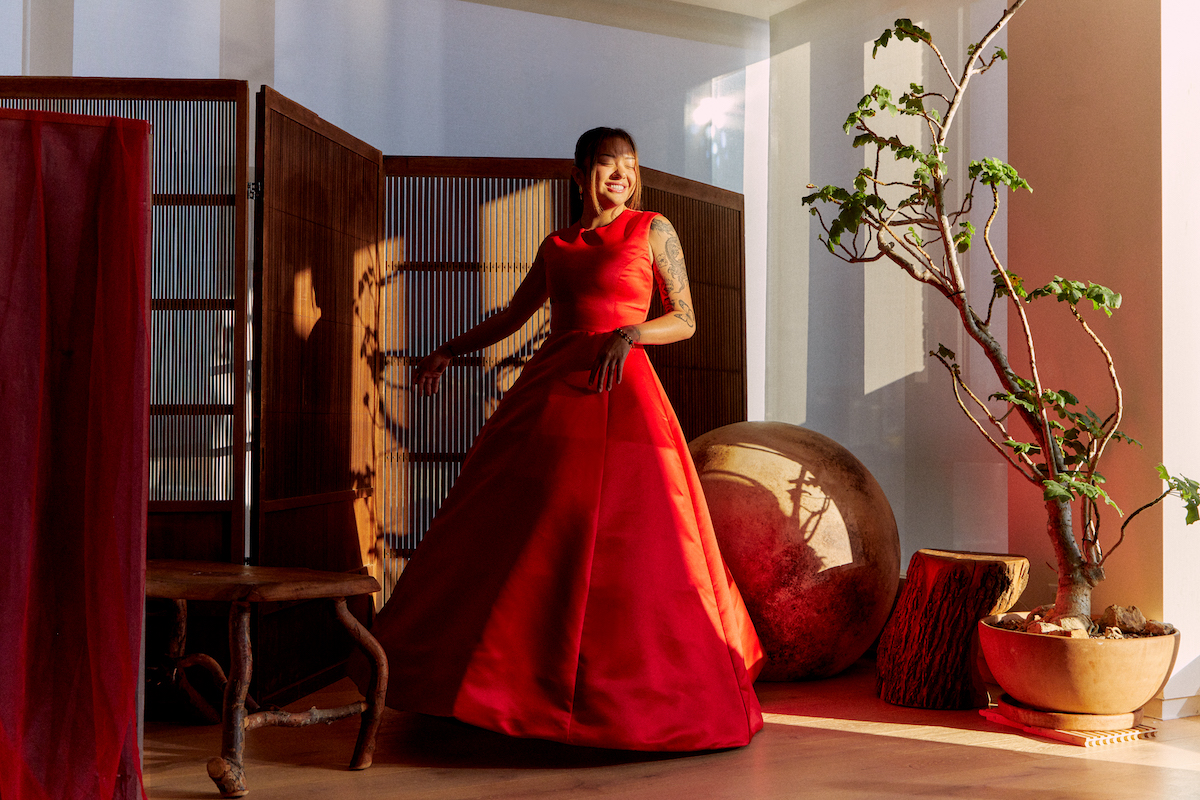
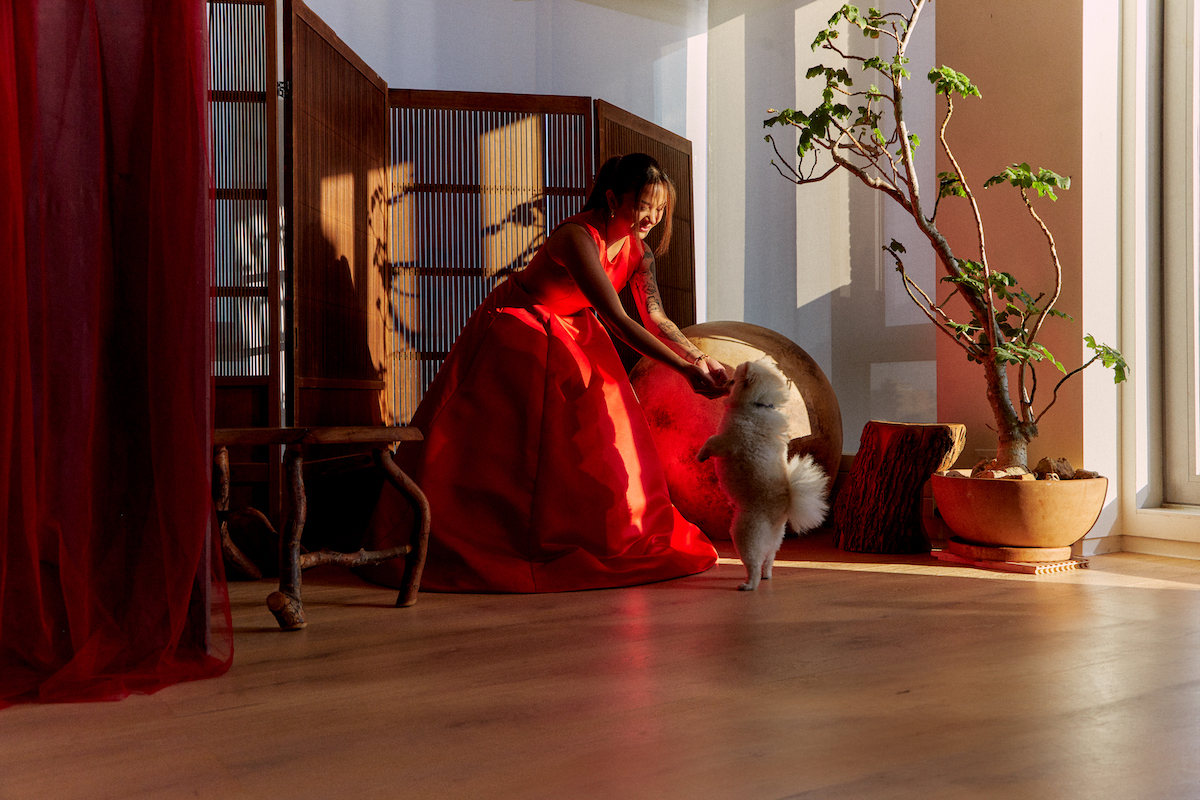
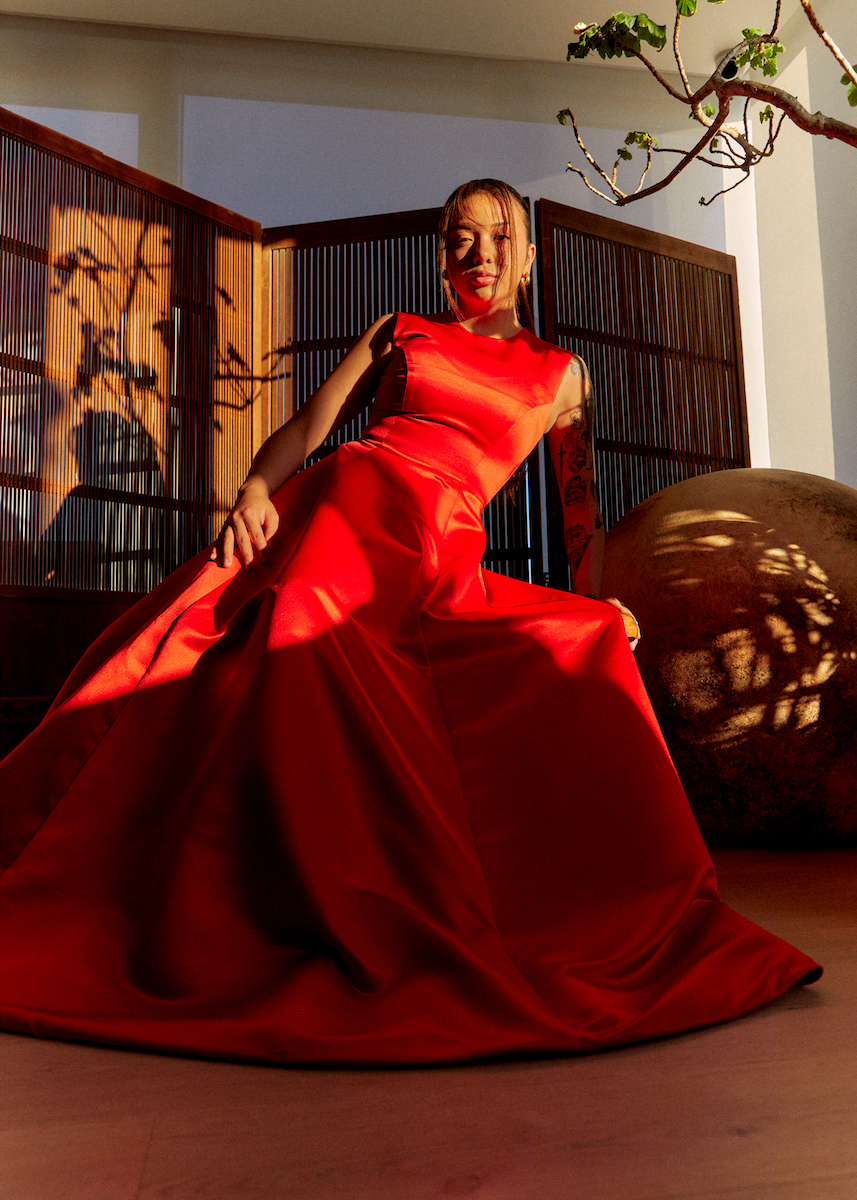
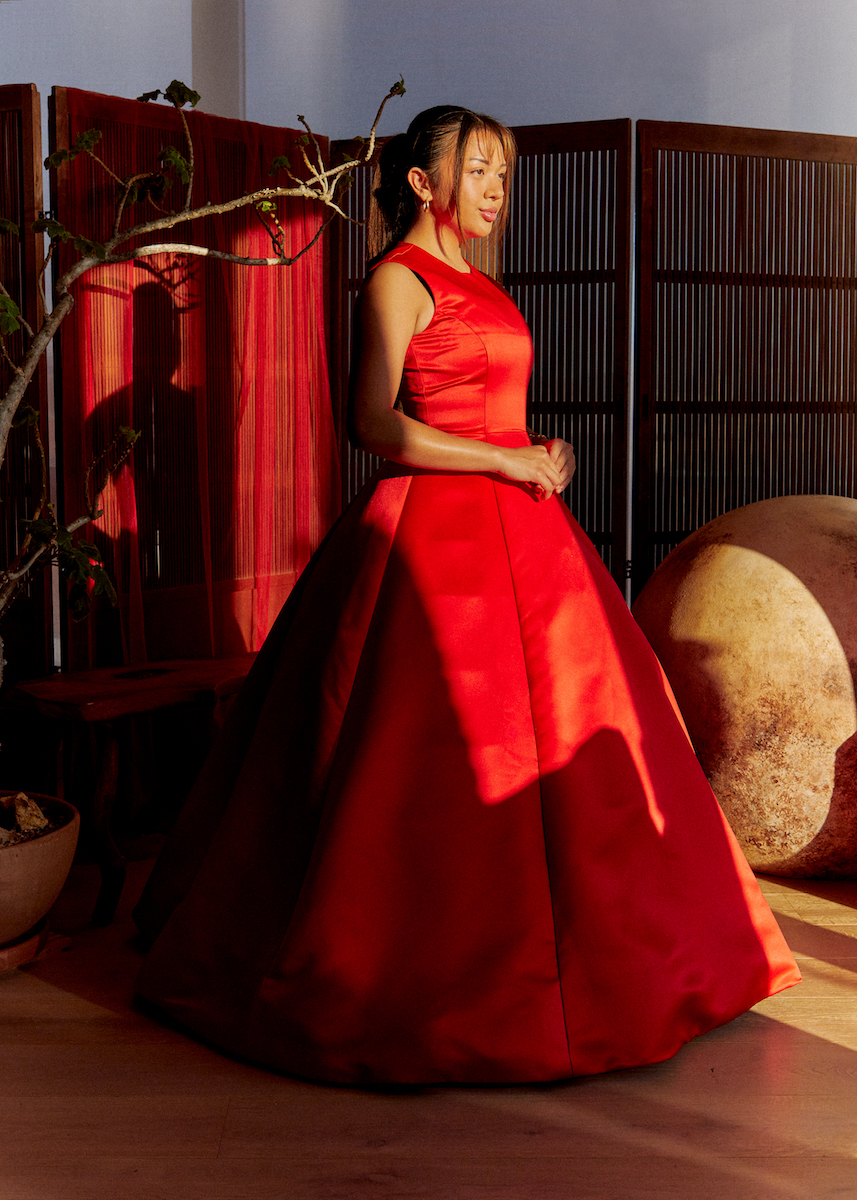
Mai Pham, Video Creator and Creative Director
What does "home" mean to you? Is it always a place? Has it always meant the same thing?
MP— Growing up, I never truly knew the meaning of home. I first moved out of my parents' home at 15 due to problems at the house and found myself constantly moving around. From a small town in Alberta on the West Coast of Canada, after moving 6 times, I somehow made it all the way to the East Coast of the USA in New York City.
It wasn't until I felt homesick being away from New York that I discovered a sense of missing home. Fast forward to the present, I've been living in New York for a couple of years, and I signed a 2-year lease on my place, which is the longest lease I've ever signed. It’s safe to say, I feel confident being here for a while. Recently, I was able to retire my parents and bring them to New York. There's nothing better than coming home to my mom cooking me a hot bowl of pho made with love; I've truly never felt so at home.
When does your body feel like home?
MP— Home is not just a physical space to me, but a feeling that resonates within me. I get overwhelmed very easily, so sitting down to spend intentional time to reaffirm myself through journaling is where I find clarity. I always feel refreshed after journaling. It's amazing to be able to go back to my journals from different periods of my life and read all the manifestations I would journal about and see them come to life. Journaling has become my sanctuary.
Does your creativity have a home? Where did it "grow up"? Where do you feel the most fearless to create?
MP— My creativity grew up on my YouTube channel that I started in 2010 as a kid. Whether it be unboxing toys, streaming myself playing Minecraft, or singing covers online. I grew up expressing myself on the internet. I always feel the most creative when I'm creating a YouTube video. Wherever I go in life, my camera and my community on YouTube have always been there by my side.

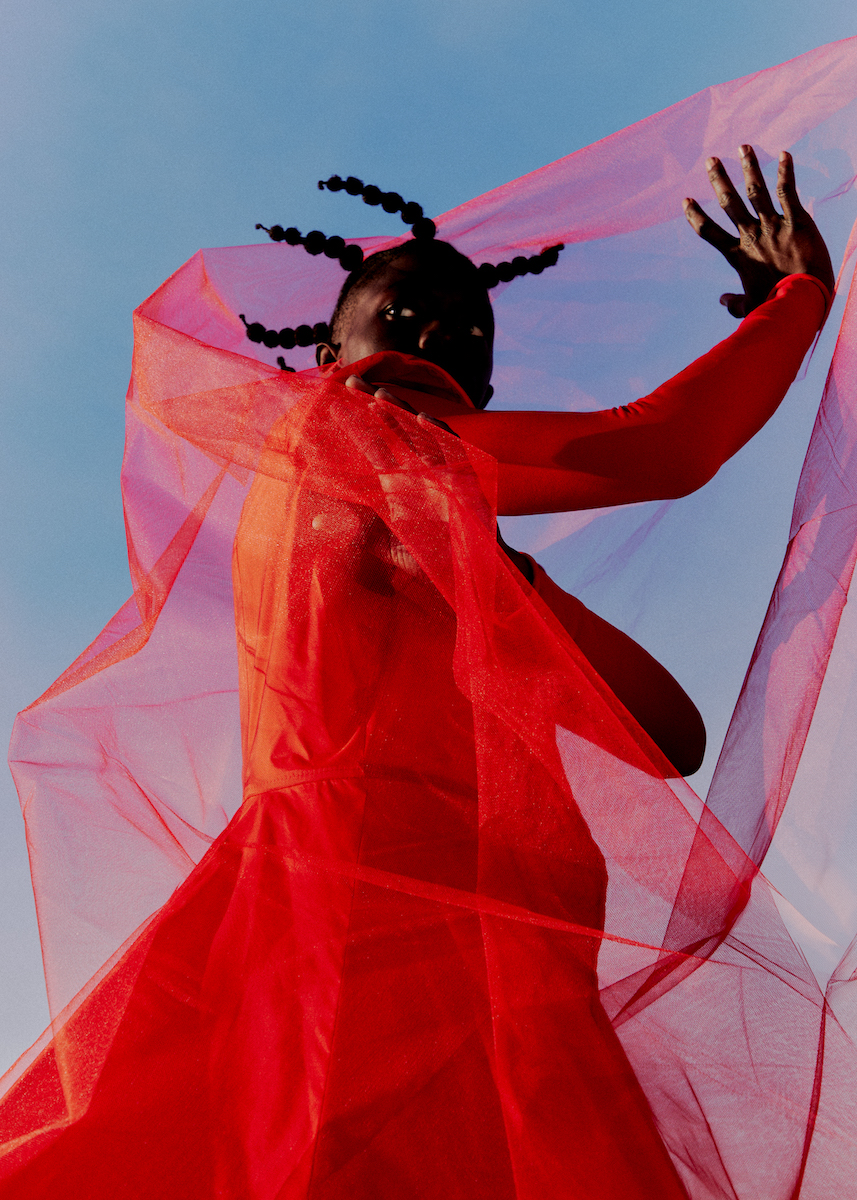
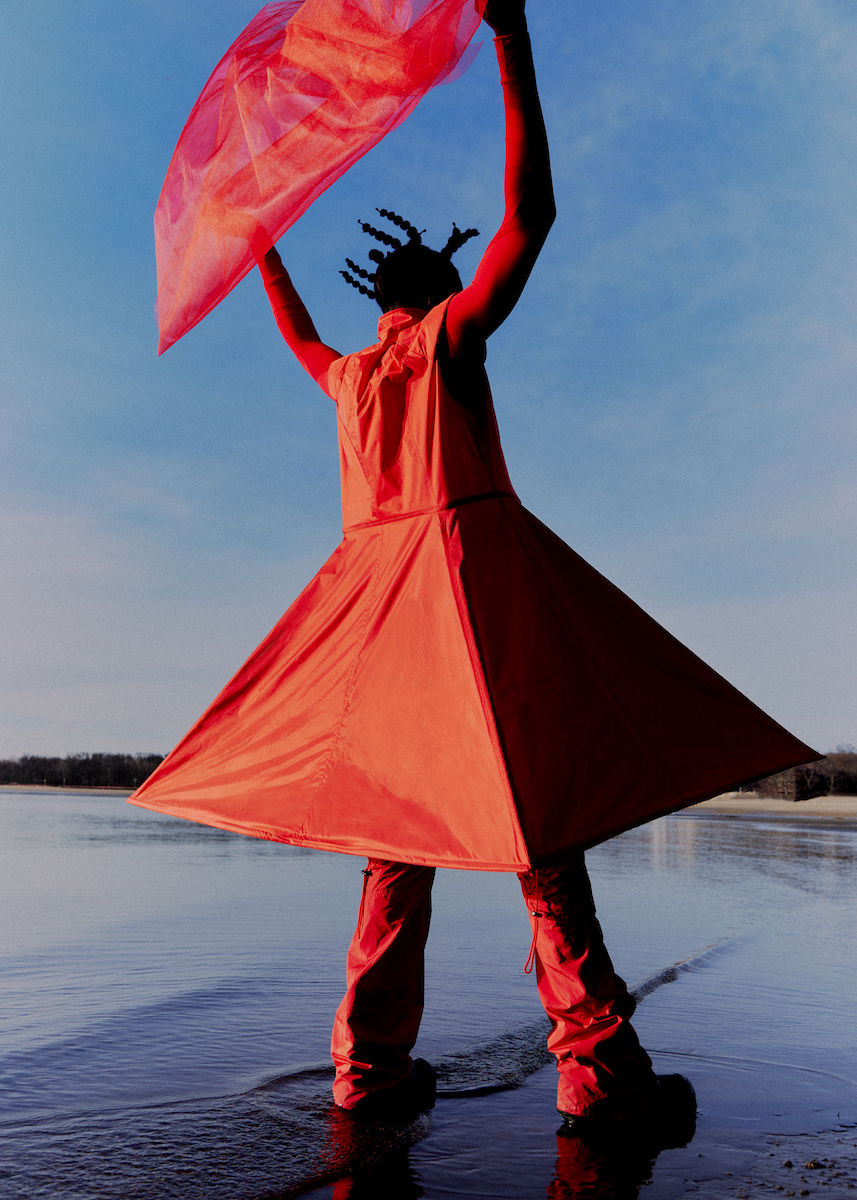
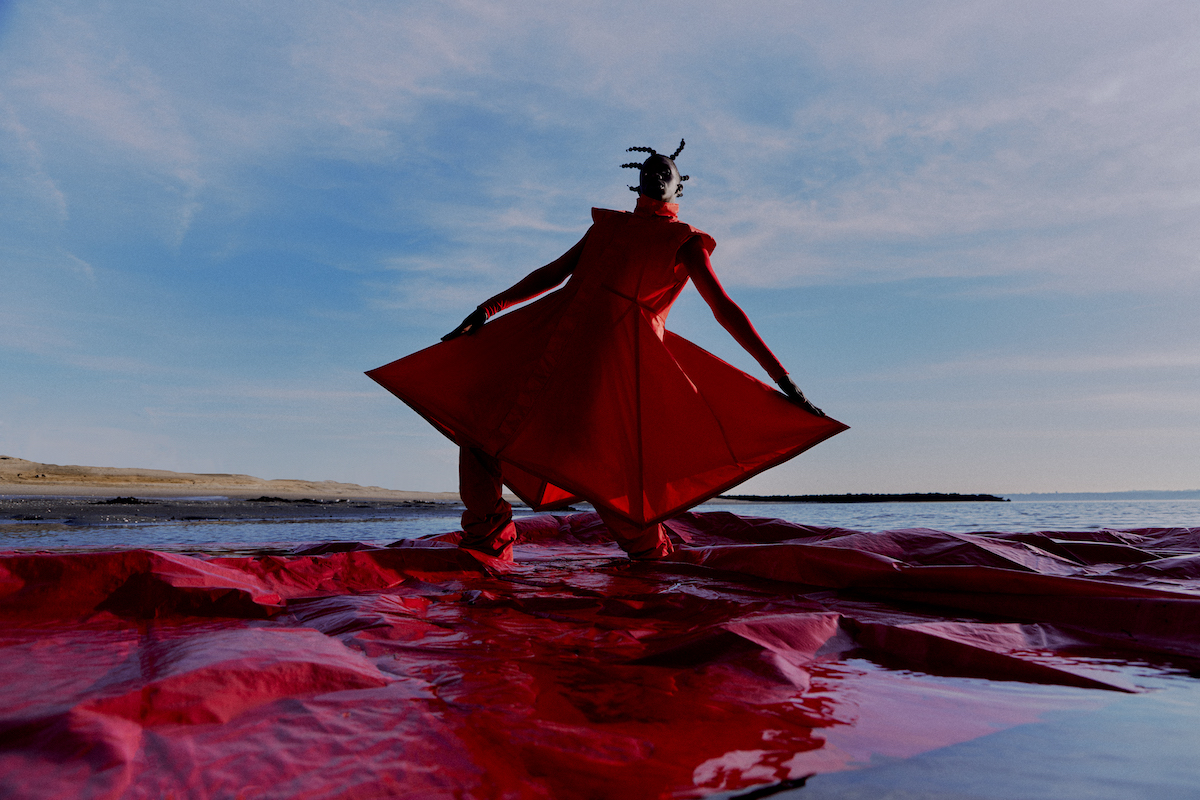
Papi Diagne, Model and Rapper
What does “home” mean to you? Is it always a place? Has it always meant the same thing?
PD— Home is where the love is, home is where I became who I am today. Home is where I learned teranga: The act of good hospitality.
When does your body feel like home?
PD— My body tends to feel like home when surrounded and embraced by nature. I promise there is nothing like the roaring waters of the river in my hometown Richmond, Virginia that could keep me calm and his world full of controlled chaos.
Does your music have a home? Where did it “grow up”? Where do you feel the most creative or inspired?
PD— My music has a strong base in southern roots, looped around the trap vibe, sprinkled with a little bit of a bubbly texture, if I can describe it. I tend to find myself being the most creative when I’m in a place of solitude, whether that be my car, an empty home, or the bathroom. The people that know me could tell you that if I’m really locked in, you will see me in the bathroom for at least 2 to 3 hours. My parents say it’s bad luck. I say it’s a therapeutic shut off.
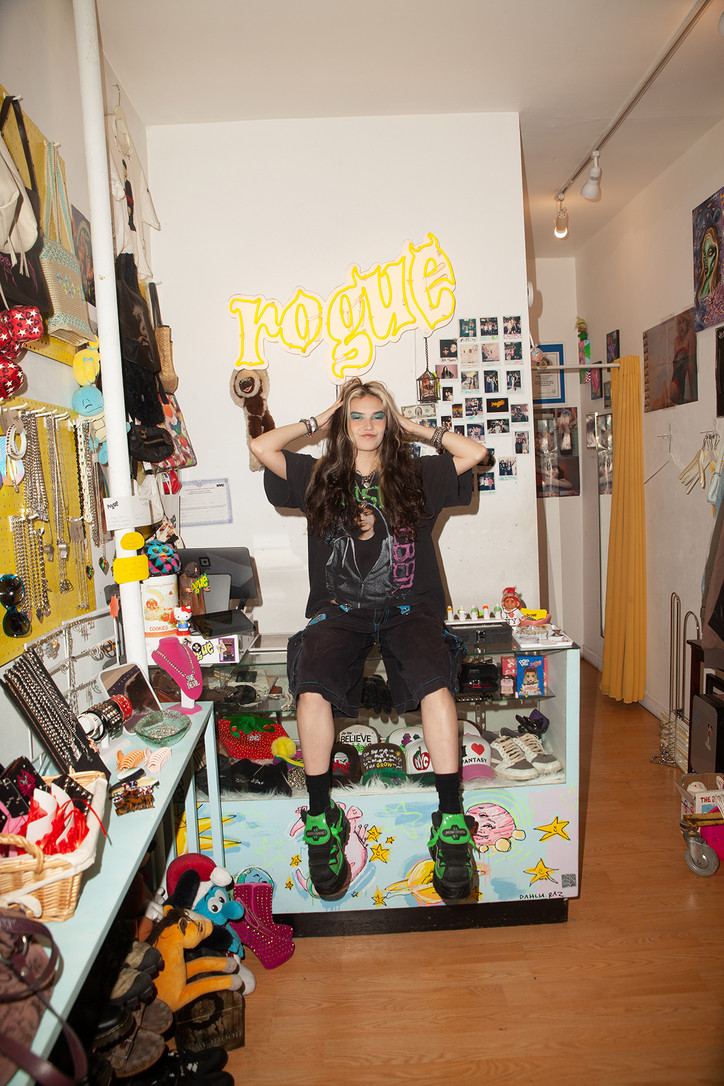
In 2021, she opened Rogue, a storefront that has become more than just a shop, bringing her love for unconventional, off-the-beat-en-path garments to the vibrant Lower East Side of New York City. Two years later, she continues to nourish the thriving community and technicolor wonderland that evolved from her online realm. At Rogue, you'll find Gen-Z content creators, fashion aficionados, celebrities, artists, and vintage enthusiasts alike. As an entrepreneur and vintage curator, Emma has sparked a grunge revival with campy cartoon tees, leather jackets, and furry moon boots, and an appreciation for the untrammeled self-expression that makes New York City so special.
What is your ideal office?
A flea market in any small town where there are tons of hidden gems for me to source.
What color is your aura?
Emerald green with a mix of turquoise and midnight blue, for sure.
If your life had a soundtrack, what would it be?
“U.B.B.” by cr1tter.
Which animated character do you relate to the most?
Crazy Frog.
What is your most powerful tool?
The Rogue mic.
What's the most embarrassing thing you've ever done in public?
Pranking people at Wal-Marts in 2012 — I can’t go into anymore detail.
Is there anything you refuse to eat?
Crustaceans in full body form. I can’t look at them and have an appetite.
What's the most ridiculous fashion trend you secretly wish would come back?
Shutter shades. Those have to make a comeback.
What makes your heart beat fast?
Having a crazy come up at the bins.
What household items are you most suspicious of?
The TV remote; that shit’s always finding a way to disappear.
Describe 2023 in three words.
Unpredictable, exciting, fast.
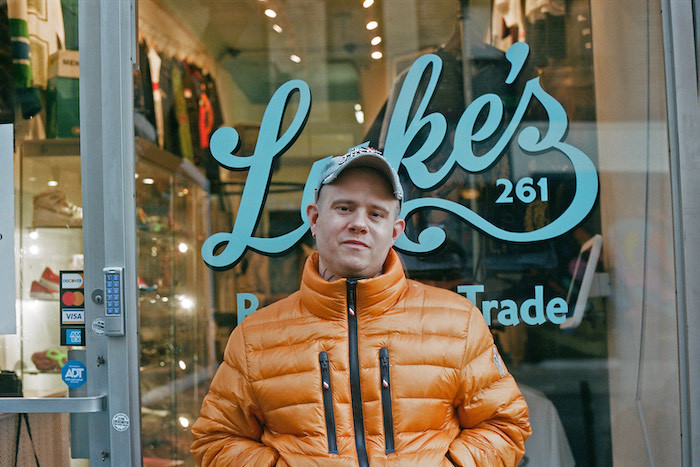
Though Luke approaches most of his affairs in a tongue-in-cheek, not-so-serious way, he has gained some serious attention for his keen eye. He doesn’t just curate pieces based on public sway or current trends, but really dives into referential fashion and pulls items that will start conversations. And it is out of those conversations that the Luke’s community was built. Over the past year, Luke has brought a sense of adventure to the resell scene on the Lower East Side, letting shoppers into his zany mind’s eye one archival piece at a time.
office sat down with Luke ahead of the store’s first anniversary, looking back on all of the milestones that have brought him this far.
Were you always interested in clothes? How did the vintage world initially capture your attention and how has that relationship transformed over time?
I started getting into clothing when I was 12,13 — in that range. That's when I first really started going outside of the house and smoking pot, I started listening to more music and all of those things always tie into each other. I was spending time on Nike Talk and just starting to be chronically online. I think that's where the interest in the vanity of all this first came into play.
Where are you from originally?
Charlottesville, Virginia. There's not much there so I looked to the internet, publications, TV, music videos, and all of that.
So media and culture were your main inspirations at the time?
Yeah, I've had this theory that, culturally, everywhere on the East Coast is a suburb of either New York, Atlanta, or Miami. I think Virginia's in an interesting place 'cause it's directly between Atlanta and New York. So I grew up listening to New York rap mainly, but a lot of Southern shit as well. There's both sides of that coin.
I wanted to dive into your business approach when it comes to Round Two and then how that shifted with Luke's. What were some key elements that you wanted to reconfigure this time around when starting your own thing?
Aside from working by myself, I think I was focused on just having a much more paired-down organization; fewer moving parts, and a smaller team where I can control everything a little more directly, you know? I just wanted to learn from a lot of the lessons I was taught at Round Two.
One of the things that I love about this whole new operation is the community aspect and the fact that so many people stop in just to see you. You have an affinity for that 'high-low' style, or at least when you curate, you try to blend a mix of high-end gems and more accessible pieces. If you had to describe your own style in three words, how would you?
[Laughs] Really, really bad. I don't personally think I have amazing style. I just kind of wear what I like or what's comfortable and I do the best. At the end of the day, I'm not like a tall statuesque model-type person, so I just do the best with the hand I was given.
Well, I think that's all that you can do. You've gotta just wear stuff that makes you happy.
A hundred percent.
How does that differ from your outlook when you're sourcing pieces that are eventually going to end up in other people's hands? Or is there not really a difference — do you just gravitate toward things you like?
At the end of the day, the store being my namesake and being so tied to me directly as my curation, obviously people are shopping with me, whether they know it or not. When I curate, people ask me all the time, 'What should I bring into the store? What do you buy?' And I'm like, "I don't know, I like whatever I think is cool, so bring me whatever and let me go through whatever." There's shit I buy just for little details I thought were cool, like the cut, the drape, the fabric. I thought people wouldn't buy a Been Trill shirt, but I got that Camo Been Trill 'Free Chief Keef' shirt and put it on Instagram and it went crazy. There are certain things I'll buy that I know will do well on social media and may or may not sell, but I want it because I think it's funny. And then there's stuff that I don't necessarily like, but I'll put it in here because I know it's popular. I just try to curate based on things that I think are unique.
I think there are actually two schools of thought here. It's like shit that I know will sell ASAP, for whatever reason, based on social media, seeing what people are into, what they're asking about. And then stuff that I just think is cool and unique that maybe won't even sell, but I buy it because I want it in the store. 'Cause the store's a reflection of me and what I'm into, but whether or not I'll wear it is another thing. For example, a lot of that Raf Calvin, the Calvin Klein 205W39NYC stuff, I have a ton of that in the store and it doesn't necessarily sell well, but I love it. And I think it's gonna be worth a lot of money in the future.
It's cool that you really stick to your vision when curating. I like how you can split it up into those two categories, but I also think sometimes you don't really know what you're looking for with resale until you see it.
Exactly, like Girbaud jeans. There's stuff that ostensibly people wouldn't think I would take, but I'll take it because I think it's interesting. At the end of the day, I love to shop and I love clothes. I love to go brick-and-mortar shopping because of the tactile feel and being able to see details in person. So for me, it's kind of a self-serving thing — I get to do that all day when I'm buying off of people. So it’s like the same reason that I would be attracted to a piece out in the wild, whether or not it's something I would buy or not for myself. Those same things capture my eye.
Like we said before, there are definitely people who find themselves at Luke’s because of your curation. Before we get into that, I wanted to go back to the beginning of your story. I read that one of your first jobs was at a sportswear and footwear shop in Virginia called Legends.
Right.
And now it's like you've become a legend in your own right within the secondhand and resale world. I know we talked about inspiration and looking toward media for inspiration growing up, but who were some of the legends that you looked to for fashion inspiration? Are there any people out there that you'd like to swap closets with?
Growing up, especially being from a small town, you do look to celebrities to shape your style. Obviously, Pharrell is up there, the Clipse, Cam’ron, Dipset — it's just a lot of New York. Young Dro was really big during that time, like 2008-2010. I was wearing a ton of Polo back then. But currently, it's like — yes, there are celebrities that dress well, but most of them aren't accessible. Yeah, I think Rocky dresses well, but I can't afford a full Bottega leather fit, so what the fuck does it matter? Yes, I could buy the approximation of it, but then I'm just buying a gray sweatsuit. And I want that thing "cause it's leather. So a lot of my street style inspiration, if I do get it from other people, it's just people I see randomly in the street. Which is why I love being in New York. I love spending time in London, Paris, and places like that, but mainly New York because people actually dress well. I totally think New York is one of, if not the best-dressed, cities in the world. And I think LES is one of the best neighborhoods for fashion. Just being outside, walking around, going to dinner, getting coffee, I'll see people and think, "That's an interesting way to wear that. Let me steal that."
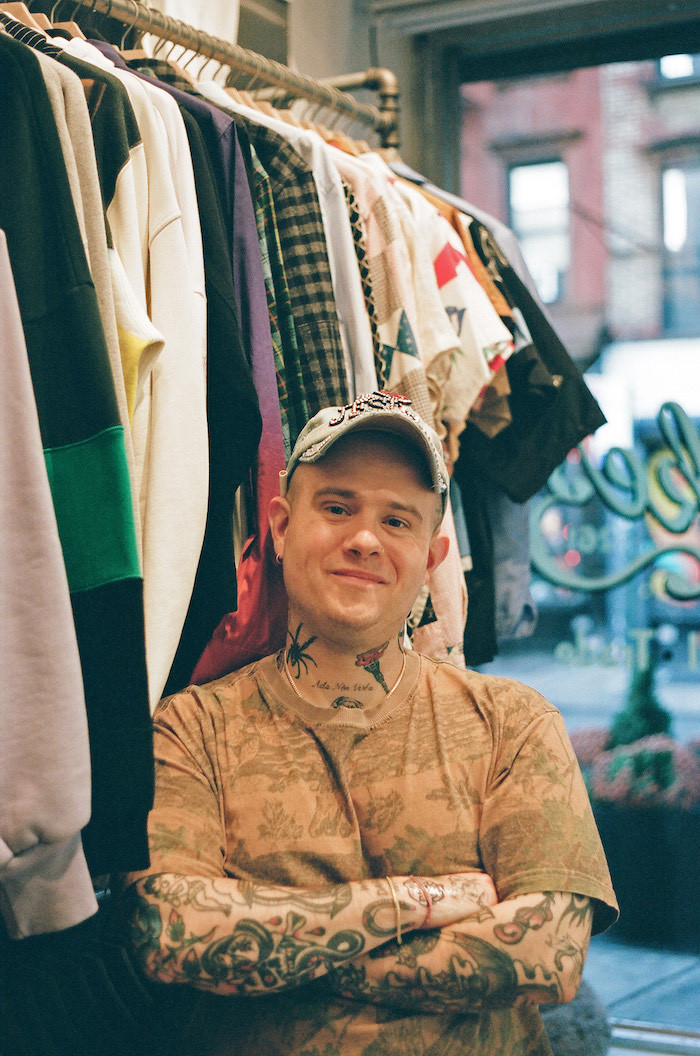
And you're in a prime location for people-watching. I agree with everything you said. There's constant inspiration here. Even just seeing certain things styled in ways that you would not think of.
Living in New York, you give up a lot of intangible things. But the reason why it's so expensive here is the opportunity cost. This is the best place to start a business. This is the best place to start your creative projects and the best place to find inspiration. So when I have to pay my expensive ass rent, I think, "Well this is the cost that I'm paying for the opportunity to be around all these things," you know?
I think that connects back to community. The community fostered in New York, especially within fashion, is incredible. There are a lot of people who flock to the things that you do, not just for the clothing and the pieces, but because they trust you and your vision. How does that feel to know that you have this community around you as well?
I mean, it feels kind of crazy. Obviously, at Round Two we had a community around us. But this time around, I had the blueprint for how to build a community through social media, but I needed to do it my own way. To answer your question, it's been very vindicating and it feels really nice that people are flocking to us, especially with the social media stuff we're doing, because I'm able to be honest and speak in a way that a lot of people aren't. Since I don't work directly with any of these companies, I'm not beholden to anyone and I can speak my mind on stuff whether or not people agree with it. I've been told that honesty is refreshing to people. I don't know how to shut the fuck up regardless of if I'm in front of a camera or just with my friends, for better or for worse. So it's nice that I'm able to espouse my views and people are rocking with it. I had an idea that I wanted to do this and build this community in a certain type of way, but thinking about it and actually executing it are two different things. It's been really nice to be able to say, 'Oh, I actually executed and did it.' It's been very fulfilling.
I feel like New York is the place to be for Luke's because of how open people are to expressing themselves in different ways here. I wanted to ask you about one of the first pieces, whether it was footwear or a garment that you remember curating, and what that meant to you.
We were one of the first resale stores back in the day to really be pushing 85 Jordan 1s, which are the original 1s. They were super cheap back then and we were getting them off of eBay and putting them in the store. When we opened, people like Rocky, Travis, all of them started wearing them, and the price kind of went up. But when we first opened in LA, we had like 50 pairs of them — in the way that no one else ever had, that I'd ever seen. With Luke's, the America's cups, the vintage stuff, has been cool. I'm doing a drop of Ricardo Tisci-era Givenchy stuff. There are so many things that I've put in here that people have gravitated towards that I've been proud of because there were a lot of times at the old company, since all we really sold was Supreme or sneakers, that we'd curate cool things and they wouldn't sell. So it's nice that Luke's is more of a niche thing. People are coming in looking for weird, niche pieces, or at least are more open to it from my experience. If you're pandering to the lowest common denominator of consumers, it's harder to curate or steer people towards adventurous things.
I was going to say exactly that. It sounds like in the past it was kind of about accommodating what you thought people were looking for. And in this case, you're putting things out that you're into and then hoping that the right crowds will also be into those things, which is cool.
So far so good. But, you know, I could lose my touch at any time [laughs].
What is the weirdest or strangest piece that you've come across?
I was recently looking at something that we have downstairs in the basement right now, it's from the Bottega runway and it's a woven, leather yoga mat holder. I love expensive, useless things. I think true luxury is buying something that you really don't need and are gonna throw in the back of your car and not care about. But of course, it's still beautifully crafted. When I think of the actual luxury consumers that these companies target, I assume it's the people who are just buying a Birkin and throwing it in the back of their Volvo truck. Obviously, I don't really know, but that's what I envision.
You talked before about being able to guide people towards more adventurous options. But I think no matter how you dress, most people have certain codes that they follow. What is one rule or outfit component that you usually don't leave the house without?
The thing that guides a lot of my purchases is that I like expensive versions of things that people would normally have that are inexpensive. Whether it's the Louis Vuitton version of Timberlands or right now I'm wearing the Balenciaga Birkenstocks that look almost exactly the same, but they're a little bit different. Things that most people won't notice, but if they do notice, I'm like, "Oh, this person's on it." Or even if they don't notice, I don't care because I still think it's cool. It's not stealth wealth and I don't think it's quiet luxury. It's a different thing. I don't know if there's a term for it but I'm gonna try and come up with one.
Most of my closet is secondhand because I find it more fun to shop that way as well. But I also know some people who struggle with buying resale because you're starting with a different canvas. I think the biggest obstacle is that people feel that it's hard to impart their own style onto these pieces that already have their own vibe going on. So what is your best advice for people who struggle with styling vintage or secondhand looks?
I think you're right. It can be difficult because I think a lot of people don't have a strong enough personal style to see a piece out in the wild that's not styled by someone else and to think about how they can style it. I think people need to try stuff on and have fun with it and have fun with envisioning it in their wardrobe. But I know that's easier said than done 'cause there's nothing more disappointing than when you have an outfit in your head and you put it on and it looks like shit. Like we've been saying, I definitely think it's easier to do so being in New York.
Heading into this one-year anniversary, what are you most proud of?
I mean, not being homeless. But really, this is the first time that I've done something like this without partners. And I, obviously, have a huge support system and a great team around me who's helped me, so I'm not saying that I've done this fully by myself. But to steer the ship by myself fully and having an idea of what I wanted to do over a year ago and to now have it already come to fruition has felt really good. I left LA, and I still have a house there and my fiancée is there, but I felt it was a better move to do this in New York. It's been really hard being here by myself, but I feel like I made the right decision with all of this. So it's been nice to know that everything I've sacrificed is worth it and I made the right decision to do so.